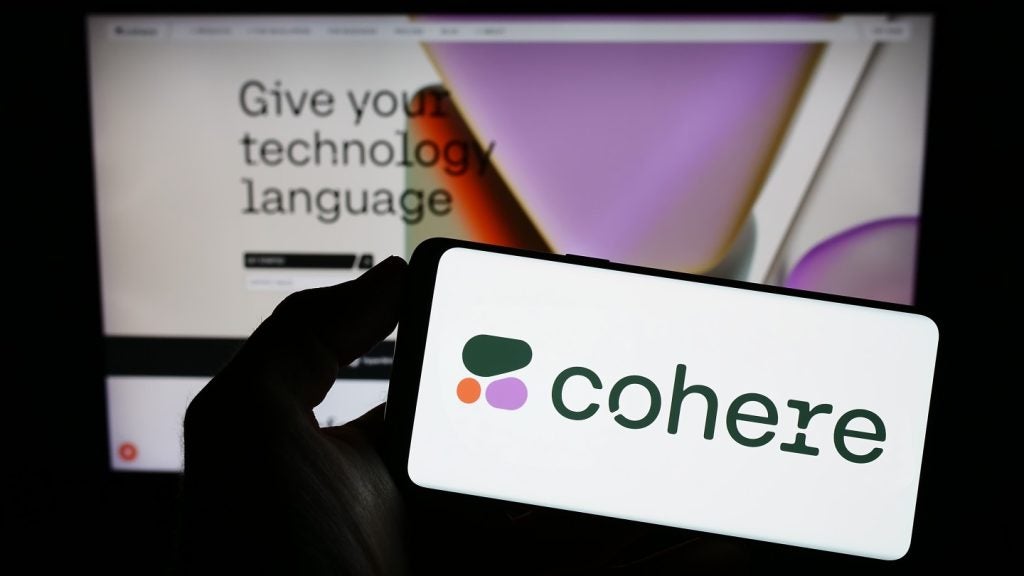
Startups are securing big investments into plans based on smart city technologies. Ahead of COP26, new companies have secured funding on the promise that they can help cities cut emissions and protect the environment.
“There’s clearly a demand for sustainable Smart City solutions,” Rory Gopsill, thematic research analyst at GlobalData and co-author of an upcoming report on smart cities, tells Verdict.
You don’t have to look far to see the signs. Octopus Energy, the smart grid energy provider, raised over $577m in 2020. In August 2021, electronic scooter startup Voi secured $45m in the same week that Estonian mobility venture Bolt raked in $600m.
The trend doesn’t seem to be bucking anytime soon. Plenty of investors have dedicated funds towards cutting greenhouse gas emissions, such as Bill Gates’ $1bn Breakthrough Energy Ventures and French venture capitalist firm Eurazeo, which announced a new €80m smart city fund in February this year.
Einar Bodström is the co-founder of ClimateView, the Swedish startup using digital twins to help city managers cut emissions. Last week, the company secured a €10m funding round led by CommerzVentures and NordicNinja. Bodström believes the uptick in investor interest is easy to understand: the market demands it.
“From a humanitarian – and one could say existential – perspective it’s a necessity,” he tells Verdict. “And most cities’ national governments have ratified the Paris agreement. We know that 70% of global emissions comes from cities so for national governments to reach their targets and [nationally determined contributions], the bulk of the work has to happen in cities.”
How well do you really know your competitors?
Access the most comprehensive Company Profiles on the market, powered by GlobalData. Save hours of research. Gain competitive edge.

Thank you!
Your download email will arrive shortly
Not ready to buy yet? Download a free sample
We are confident about the unique quality of our Company Profiles. However, we want you to make the most beneficial decision for your business, so we offer a free sample that you can download by submitting the below form
By GlobalDataThe battle against global warming must be fought in cities.
“Cities are a key battleground when it comes to sort of solving societal challenges like the climate crisis and pandemics simply because it’s where we will live,” Gopsill says.
By 2050, the number of people living in cities will have jumped from 50% to 70%, according to estimates in a GlobalData research report.
“So if you want to tackle sustainability in a way that’s actually going to improve people’s lives, [then] smart city solutions is the way to do it,” Gopsill argues.
It’s against this background startups are now betting hard on smart city technologies, especially ones aiming to boost sustainability.
What are smart cities?
Smart cities is as an umbrella term that covers a wealth of technologies. The term can arguably encapsulate everything from electric vehicles and smart grids to big data and internet of things devices.
This is hardly surprising. After all, a city isn’t just buildings and roads but also the people living in them. What smart city technologies have in common, though, is their ability to provide decision makers with a snapshot of how people are living their lives in these communities, boost energy efficiencies, cut congestion and basically make the cities run smoother. That includes making them more sustainable.
There are several reasons why smart city startups with sustainability solutions are in vogue right now. One, of course is the fact that the COP26 summit in Glasgow is just around the corner.
A second is that the pandemic raised awareness about the role cities play in global warming and provided policy makers with an opportunity to do something about it.
Let’s talk about about them in order.
COP26 and sustainable smart city startups
Britain will host the UN Climate Change Conference, COP26, in Glasgow between 31 October and 12 November. The summit has energised the conversation about sustainability.
People have eagerly discussed topics like overtourism, plastic pollution in our oceans, the impact online shopping has on the environment, Norway’s environmental push and different types of sustainable technology. If anything’s remotely related to saving the environment, people have been wanting to talk about it, including smart city startups.
Understandably, the entrepreneurs in the smart city sector are hopeful that the summit will provide an opportunity for world leaders to not only prove their green chops, but to actively keep investing in them moving forward.
“If negotiations succeed at COP26, they can have a profound impact,” Bodström says. “COP26 can create political alignment at the top level and can then empower the civil servants at the city level to act more boldly. It will also highlight the need to not only have ambitious targets, but have a clear verifiably and fundable climate plan to reach those targets – something we are ready to help with.”
Covid-19 and green communities
Covid-19 has transformed the world. As highlighted in a recent GlobalData thematic research report, it has had a massive impact across all sectors. For one thing, industries all over the globe have been hit by massive supply shortages as regular logistical infrastructures fell apart.
However, the pandemic also provided an opportunity for cities around the globe to take stock into how they could boost sustainability.
“When Covid struck, everyone started working from home,” Gopsill says. “And that meant reduced emission and reduced congestion in cities. And so now what you’re seeing are cities trying to figure out ‘okay, how do we make sure that we are actually going to not just return to a congested normal.'”
Looking at Boston for example, Gopsill notes that many cities around the globe took the opportunity to invest in things like bike lanes, introducing e-scooters and smart buildings.
Francesca Gregory, associate analyst at GlobalData, notes that businesses also started to draw inspiration from each other.
“And that means there’s actually a growing market for [smart city startups],” she tells Verdict.
As the pandemic seems to be getting towards its end, it seems as if it could therefore have laid the groundwork for a new green city revolution.






